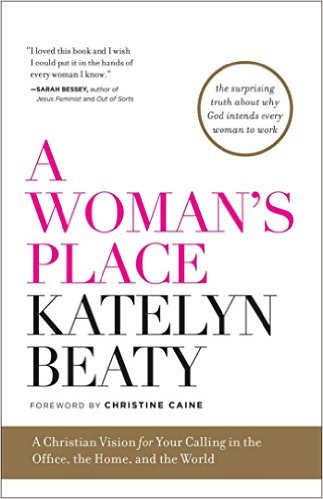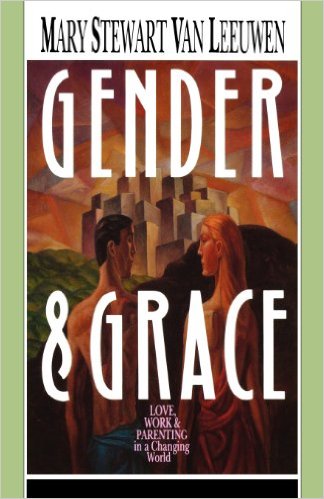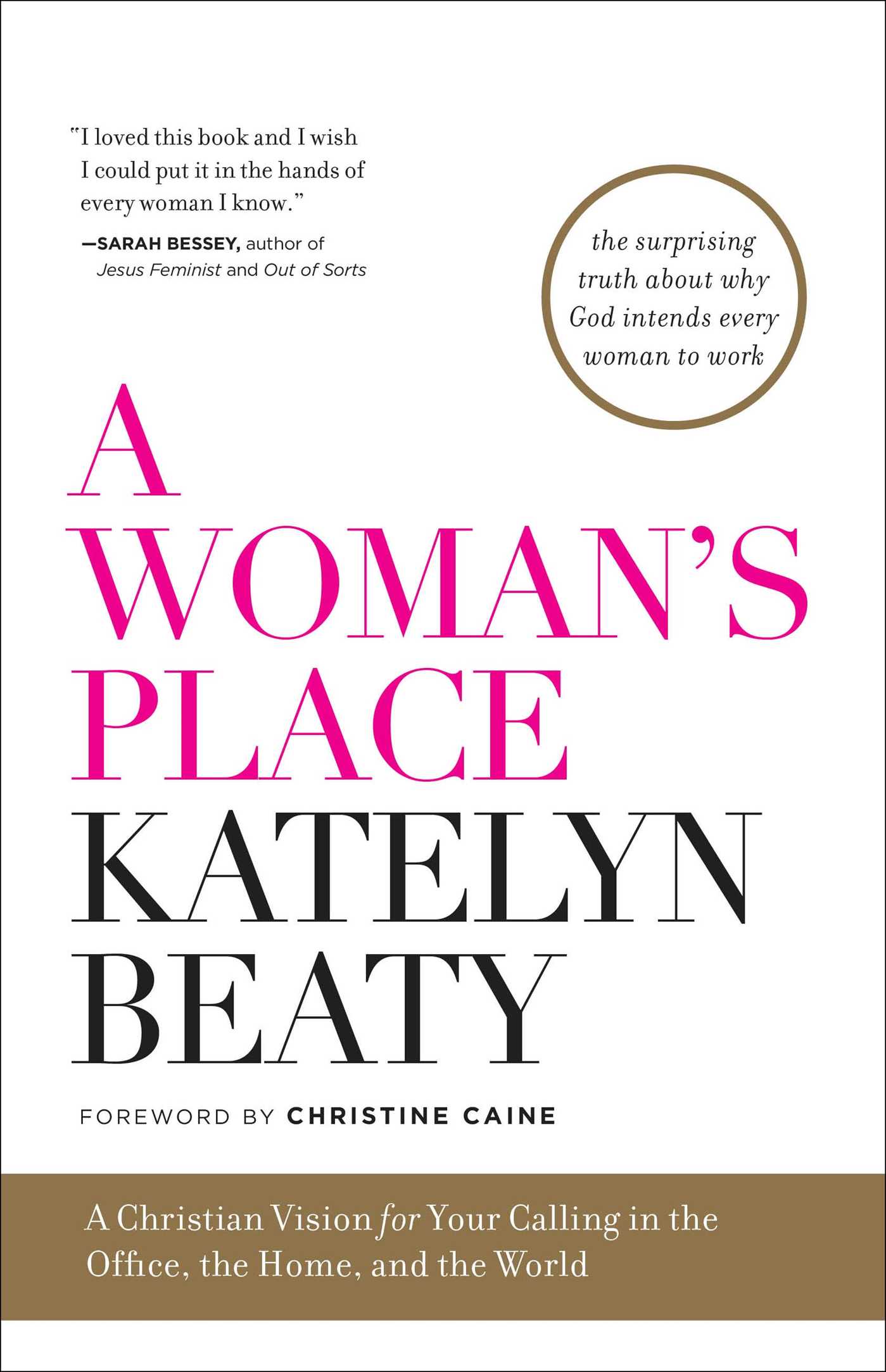In the last few BookNotes I’ve alerted you to new, important
books about public justice, a wholistic gospel of radical reconciliation
applied to the most burning issues of the day, a punchy set of reflections and
liturgies around the Old Testament book of Habakkuk, and some heavy stuff about
how to live out uncompromised faith in the late modern world of choice and
change and increasingly secularization. A long review about two new books about
the arts rounded out a flurry of what I take to be a truly stellar season of
extraordinary books.
These are themes that are central to our work here. Justice, Bible study, historical and cultural
analysis, and an attention to books
about aesthetics and the arts.
I do hope you’ve read and shared those columns, helping us
get the word out to churches and book clubs, study groups and classes. These
books are simply too good to read solo.
Get some friends, a cold drink or two, and turn some pages.
(And, please, if I might: I recently was in a professionally
looking, pleasant Christian bookstore in another town, and they seemed not to
have any of these books. I suppose you
know that many of the large and most influential Christian bookstores chains
just don’t promote these kind of serious, important, thoughtful books. For them to get the sales they deserve, caring
readers concerned about the state of
religious publishing must share the reviews, support those stores that do carry
these sorts of authors, helping them become known and their work
discussed. We sometimes forget what our
best friends and customers tell us, that the selection we curate here at Hearts
& Minds is a bit unusual and that many bookstores just don’t sell this stuff. Interestingly, few weeks back, Beth and I
were in one of the nation’s most iconic, wonderful, old, indie bookstores and, surprisingly, their
religion section was pretty bad. We hate
to pat ourselves on the back, but if you like what you see here, spread the
word, and send us some orders!)
And now, I’m thrilled to tell you about a book that is one
of the very best of the summer, one of the very best of the year, that we have long
awaited, one that is on another theme that we are known for, a topic about
which we have almost too many books: a Christian view of calling and career,
vocation and work. However, it has a
particular slant, a certain way into the conversation, that makes it nearly
exceptional.
 Allow us to tell you about A Woman’s Place: A Christian
Allow us to tell you about A Woman’s Place: A Christian
Vision for Your Calling in the Office, the Home, and the World by
Katelyn Beaty (Howard Books; $22.99.)
As you can tell, it is indeed about the integration of faith
and daily work, informed by a solid and generative view of vocation. The
primary audience of readers, I suppose, is women, as it is a book about the
life of women in our culture, and the need for women to take up places in every
zone of life and society; there is here much wise insight to be found and
oodles of stories of Godly women doing good stuff and the struggles they
uniquely face, but, over and over, I kept thinking that men and women should read this; that is, it is not only a book for
women. Endorsers on the back – folks I really respect like Karen Swallow Prior
and Dave Blanchard and Ed Stetzer and
John Stackhouse and Tom Nelson – all insist it is for men and women and that,
in the words of Presbyterian pastor Scott Sauls, “it will have a profound
influence on women and men alike.”
Actually, that Scott Sauls blurb actually says that he “prays
that it will have a profound influence on women and men alike.” We echo that prayer, as this is a matter of
real urgency. I pray that this book becomes known. I sincerely pray it finds a wide readership
within various denominations, various life stages, and among those with
different callings into different stations in the world. We all need to hear the winsome but profound
message of this finely crafted book.
In fact, the last chapter of A Woman’s Place is called
“Where Do We Go From Here: How All of Us Can Equip Women for Work.” It is must reading for anyone involved in
faith/work conversations or marketplace ministries, but is also useful for
those within higher education — she has a section for those who work at
colleges or universities (she herself learned about good mentoring from helpful
leaders at Calvin College.) There is a section for “bosses” and a section for
church leaders offering them advice in a portion called “What All Churches Can
Do.” But I’m ahead of myself.
I will not rehearse here as I have often that our own
bookstore was developed in part to equip Christian people to serve God in their
work and callings, and that we have books that offer faith-based insight about
what some call “public theology” or “Christian perspectives” in science,
business, writing, parenting, art, law, engineering, teaching, architecture, journalism,
and more. But these categories of books are woefully under-appreciated; Ms.
Beaty’s lovely call to serve God well in every area of life and her
documentation of the growing faith and work movement, citing organizations and
ministries (some which we have resourced) will be a fun reminder, a fresh call
to engage, another piece adding up to some tipping point where churches become
known for equipping members to take up a missional vision of work in the
marketplace. Insofar as this really is
part of our faithful response to the gospel, and insofar as we’ve neglected to
really promote conversations and thinking about work-world discipleship, we
simply must repent. This is not incidental
or a curious tangent for the few, but central to our living out our faith,
moving from Sunday to Monday, relating worship and work.
Beaty tells of good folks who are doing this well and, since
it is a book about women’s roles and unique obstacles to doing this these days,
naturally, she tells the stories of women.
She has interviewed dozens of women, led focus groups, researched ladies
doing Kingdom work all over the country. Part of the benefit of A
Woman’s Place are the occasional two-page inserts, each telling the stories
of this woman here or that one there, a
teacher, a CEO of a fair trade import company, a stay at home mom, a filmmaker,
a social science researcher, a YA novelist, a Native woman who started a
leadership training organization, and more.
 Ms. Beaty is a great reporter and writer (she is, by the
Ms. Beaty is a great reporter and writer (she is, by the
way, the first woman and youngest ever Senior Editor of the globally-respected Christianity Today) so she has the writerly
skill to artfully bring these mini-stories to life. They will be inspiring for
anyone, I’d think, revealing how folks discern a call, move towards doing good
stuff, and overcome (or at least cope with) hardships along the way. I loved these
sidebar case studies of real women, although, truth be told, she tells even
more stories on almost every other page.
A Woman’s Place, which is mature and thoughtful theologically
with a fair amount of Biblical study and great quotes from very interesting sources,
is just loaded with real-world examples and helpful case studies. In that
regard, its tone and balance and style is nearly pitch perfect. I can’t imagine anyone not liking it.
The stories and illustrations give real life heft to the
urgency not only of visions of vocation and the call to be salt and light in
careers and callings, but to the unique ways in which women must rise to these
opportunities. There is a great chapter
drawing on the best seller Leaning In
called “Why ‘Leaning In’ is Good – But Not
Enough.” Her survey chapter “Women Have Always Worked” is very
good, surprisingly informative, and truly
interesting. Her chapter on ambition is
excellent, and, although designed uniquely for women, I think it is useful for
most of us. (Beaty wrote the forward to the wonderful memoir by Jen Pollock
Michel, Teach Us To Want, a full book
on women and ambition and it, too, is fabulously rich, insightful and rewarding
for male readers! Gladly, Jen Michel makes a good appearance here as Beaty
tells her story and offers a few quotes from her book.) Also happily, Beaty cites the lovely little “Frames”
book by Kate Harris, Wonder Woman:
Navigating the Challenges of Motherhood, an eloquent and sharp women who
has, as part of that navigation, learned to embrace constraints.
This is brilliant stuff, and nearly revolutionary, for men
and women. What does it mean to be human, to be aware of our creatureliness, by
nature bound by space and time; limited? We cannot do it all, and men and women fail to
attend to their limits at their own peril. (By the way, Mandy Smith is a female
pastor and writer I greatly admire who
wrote The Vulnerable Pastor: How Human
Limitations Empower Our Ministry, a book for pastors about honoring our
God-given constraints. It is beautiful, honest, sobering, and nearly stunning
in both its raw honesty and liberating grace. Zac Eskwine does a similarly good
job ruminating on this topic in The
Imperfect Pastor: Discovering Joy In Our Limitations through a Daily
Apprenticeship with Jesus but his book is flawed by the assumption that the
pastor/readers are male.)
Again, Beaty is wise, drawing on healthy, often colorful
writers. As a good writer herself –
please note the rare Oxford commas in the subtitle on the book cover! – she knows
how to pull a good quote and use it helpfully.
Her own writing is substantive but full of wit, maybe just a step away
from playful snark a time or two. It is
not silly or edgy, but she does wisely use film and pop culture and helpful
cultural allusions even as she draws on excellent theologians and serious
scholars.
I mentioned that this book will be enjoyed by folks in
different stages of life will find it beneficial. I cannot emphasize this enough.
Kara Powell, youth
ministry specialist and professor at Fuller Theological Seminary says:
Women in all life stages will
benefit from Katelyn Beaty’s holistic and positive theology of work, whether
that work is carpools or corporate board meetings – or both.
In my favorite and most eloquent book about vocation and
calling, The Call: Finding and Fulfilling
Your Life’s Purpose by Os Guinness, the famous author notes that the gospel
so decisively transforms us and sends us as salt and light and leaven into the
world so that we have disciples of Jesus serving in every zone of life and
culture. As one chapter succinctly titles puts it, “Everyone, Everywhere, in
Everything.”
 I learned decades ago from a book that Beaty does not cite,
I learned decades ago from a book that Beaty does not cite,
but I am sure she has read and absorbed, (Gender
and Grace: Love Work and Parenting in a Changing World by Mary Stewart Van Leeuwen) that in the
generative Genesis creation narrative
which offers the charter for full humanness, dignity, creativity, work, rest,
and relationships, we learn that humans are made together in the image of God
offers all of this equally to women and men.
Some misread Genesis 1:26-28 as if it teaches that men are to work (“have
dominion”) and women are to raise families (“be fruitful and multiply.”) Of
course, as Van Leeuwen explained as powerfully as anyone, this is dead wrong.
Men are to be engaged in family life (and it is not normative for males to be
missing from the raising of boys and girls)and women are to be engaged in
social life (and it is not normative for women to be missing from the running
of corporations and governments.) Together we of different genders image
God. The Genesis cultural mandate – create families and run the world as
culture-makers! – is given to all. It is
a hurt family that is devoid of men and it is a damaged culture that is devoid
of women’s leadership in social, business, educational, or political institutions.
And so, Beaty helps us think about healthy families and healthy
workplaces and healthy steps towards cultural renewal, especially drawing out
the gifts and strengths of women for home and the wider world both.
As the always interesting John Ortberg puts it:
Work is an essential part of being
made in God’s image, and women are essential image bearers. Katelyn Beaty’s A Woman’s Place brings reflection on
Scripture and an informed mind to help answer the question implied by the title
– a woman’s place is to be an agent of shalom working with dignity and strength
in all the spheres of God’s redemptive plan for a flourishing creation.
I mentioned that I couldn’t imagine anyone not like this
excellent book. From those interested in
the doctrines of calling and vocation to those involved in work-place ministry,
those equipping believers to integrate faith and the quotidian things we do day
by day to anyone interested in the role of women in church and world, this is a
grand, delightful, thoughtful work.
But I must admit, there are some who will disapprove.
Beaty tackles head on, with succinct rebuttal and considerable
grace, the wrong-headed views of Wayne Grudem, John Piper, and Owen Strachen
of the Council on Biblical Manhood and Womanhood, who insist that the Bible’s
ideal is that married women are to stay at home and not enter the work-world.
Given the usual high level of scholarship exhibited by these sorts of
conservative leaders, it is bold of this evangelical woman to refute them.
She is blunt:
Calling work masculine and
relationships and networking feminine, as Mary Kassian has, threatens to keep
women from knowing the good and holy purposes of work, whether inside the home
or outside of it. Ultimately, such
teachings keep women from understanding a crucial part of bearing God’s image.
I will let readers discover how she handles basic Biblical
matters (although she does draw on part-time Inkling, mystery writer and Oxford
grad Dorothy Sayers, who wrote incisively and enduringly on work, and a small
book called Are Women Human which we
still stock!) The book is not primarily engaged in the work of Scriptural
exegesis, but there is cogent and helpful Bible teaching.
Importantly (once again, possibly drawing somewhat on early
work of Van Leeuwen) Katelyn Beaty looks at the social history of things, as
well. She observes that:
The Council on Biblical Manhood and
Womanhood was founded in 1991 expressly to counter feminism’s influence in the
evangelical church. But maybe it’s not the Feminist Revolution of the 1960s and
’70s that has undermined the family unity. Maybe it’s the Industrial
Revolution.”
What follows, then, is a brief but very helpful overview of
an important bit of analysis with which we should all be familiar. You will learn a bit about the history of the
division of labor, the rise of jobs away from the home, be inspired by her interesting
observations, and be able to put these profound theological questions in a
bigger context. It may stretch some readers out of their customary assumptions,
but for many, it will be a sure delight.
I like how Amy Sherman – author of the must-read Kingdom Calling:Vocational Stewardship for
the Common Good (not to mention a fabulous chapter in Serious Dreams: Bold Ideas for the Rest of Your Life) – who describes
not only the importance of Beaty’s invitation for women to think about vocation
and calling in this fresh way, but how she is able to address those who are hindrances
to women. She suggests that A
Woman’s Place offers good answers and ways to move forward.
It give us:
Incisive commentary on cultural
mores that have been overlaid on biblical texts should help the Christian community
to pry off those faulty ‘how it is’ assumptions and free us to explore the
reforms needed to get to ‘how it ought to be.’
This is yet another reason we think this is one of the
finest books of the year. It will help rekindle visions and hopes and dreams
for many of us, it will remind us of glorious opportunities and some obstacles
that, with faith and hope, we can overcome. It is a pleasant book to enjoy even
if at times a challenging one. And it will help us get to ‘how it ought to be.’
And who among us wouldn’t be more sane if we take Beaty’s advice about
shifting our language away from “balancing” home and work and church to the
languages of “integration” of various aspects of our one seamless life? Of
course this is often, in our culture, particularly stressful for women,
especially if there are young children in the home. Beaty is aware of this, of course, and offers creative ways to think about these complex
lifestyle questions.
On the last pages of A Woman’s Place Beaty tells again of Rev. Tom Nelson,
a pastor we admire whose book Work
Matters: Moving from Sunday Worship to Monday Work she described earlier.
She helps us draw inspiration from the shifts in Nelson’s church.
Beaty writes:
After a major theological shift around the eternal value of work, Tom noticed
that Christ Community Church’s “cultural icons and cultural language” began to
shift. They began commissioning different individuals and different vocations,
and they began using prayers to honor and bless labor. One of their regular
benedictions – the prayer of blessing over worshippers at the end of a service –
is Psalm 90:17:
May the favor of the Lord our God rest on us;
Establish the work of our hands for us –
Yes, establish the words of our hands.
God made us rulers over the works
of his hands. As we go about our work he is mindful of us; he cares for us (Ps.
8). When we recover this vision for all Christians, I imagine that more and
more women will find God’s favor resting upon them.
This is the sort of lovely and truthful and faithful stories
and implicit suggestions made within A Woman’s Place: A Christian Vision for Your
Calling in the Office, the Home, and the World. It is not just for women, and although
it may mostly be read by individual women or their book clubs and reading
circles – certainly it would make a great gift to young adult women, maybe a
recent college grad — it will be
informative for older church leaders and anyone wanting to be reminded about
gender justice, opportunities for both women and men to serve the coming of God’s
Kingdom, or for those who want to advance the growing conversation around the
meaning of vocation and calling. We couldn’t be happier with this wonderful new
book, and hope you consider reading it. Do help us spread the word. Sadly, this one wasn’t in that other shop I
visited the other day, and I doubt it is as widely available as it ought to
be.
Let’s go, Hearts & Minds
friends: this is one of the best books of the year. Send us your orders today!

BookNotes
DISCOUNT
ANY ITEM MENTIONED
20% off
order here
takes you to the secure Hearts & Minds order form page
just tell us what you want
inquire here
if you have questions or need more information
just ask us what you want to know
Hearts & Minds 234 East Main Street Dallastown, PA 17313 717-246-3333
